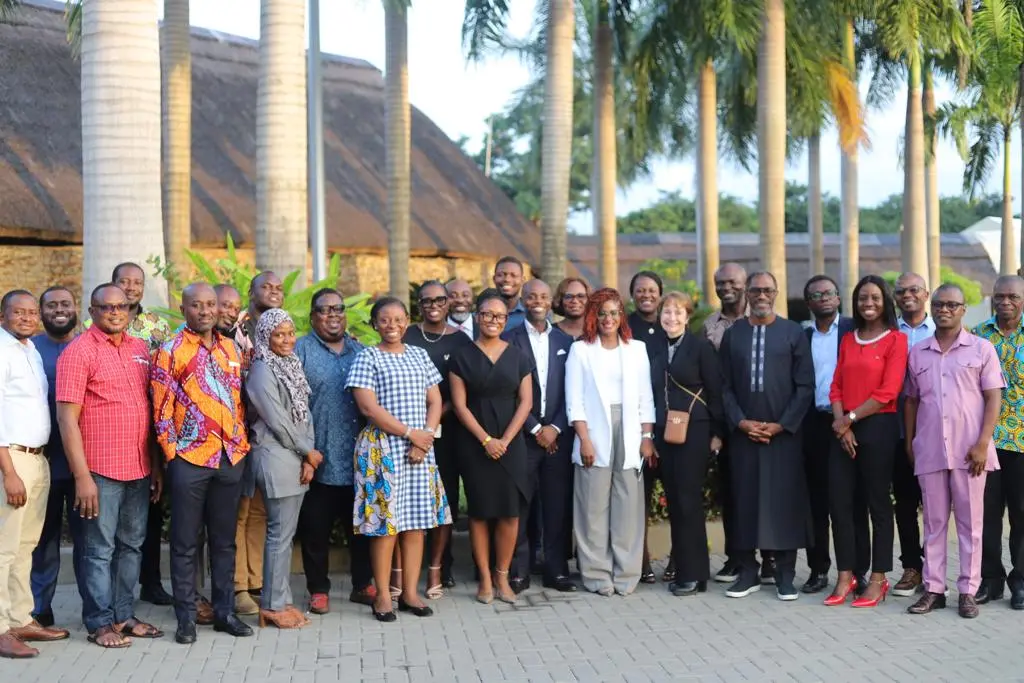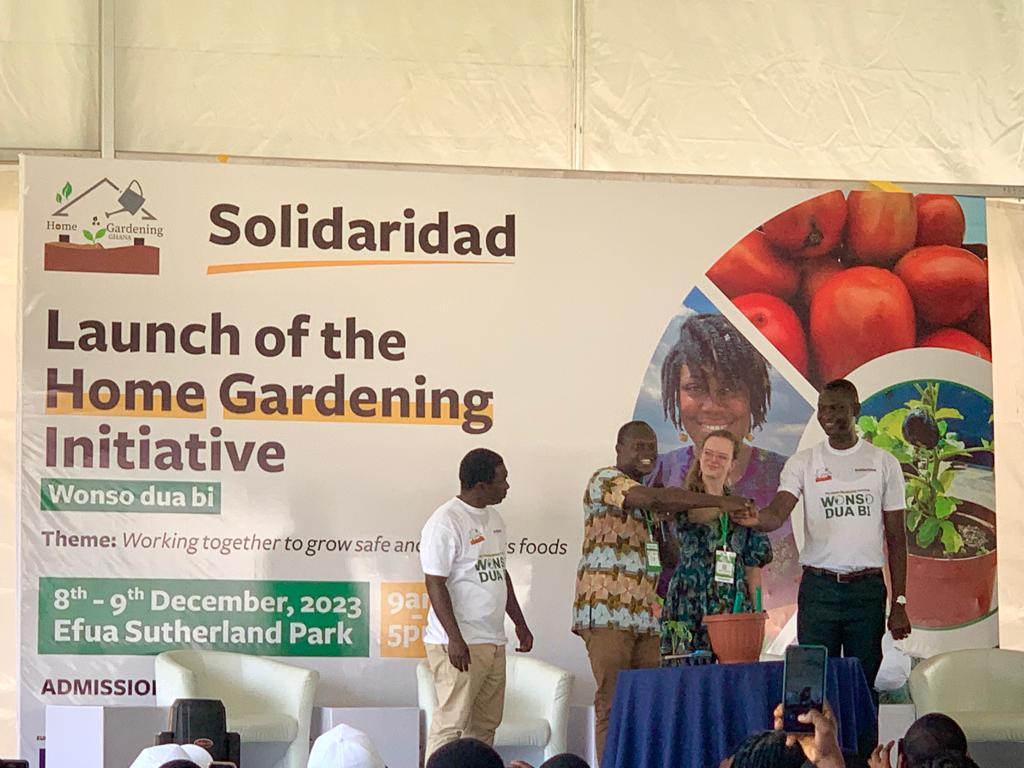
Strengthening urban health systems through gaps identification is necessary to ensure sustainable health improvements, a lecturer at the School of Public Health, University of Ghana and Country Lead, Dr. Genevieve Aryeetey, has said.
That, she explained, involved continuous processes of implementing changes in policy and practice to improve access, coverage, quality and efficiency of the health system.
Dr Aryeetey was speaking at a two–day training workshop organised by the Community-Led Responsive and Effective Urban Health Systems, (CHORUS) at the School of Public Health, University of Ghana with funding from United Kingdom’s Foreign Commonwealth and Development Office in collaboration with Women in Media and Change, a media advocacy group.
CHORUS-Ghana is a multi-country research programme consortium (RPC) with focus on building resilient urban health systems and the six-year project spanning 2020-2026is being implemented in Ghana, Nigeria, Nepal and Bangladesh.
Speaking on the training programme, Dr Aryeetey said the engagement with the media was to sharpen knowledge and skills of journalists in reporting on urban health issues as well as deepen their interest.
“Through this training, journalists are expected to effectively and efficiently communicate and package research evidence and outcomes of CHORUS and disseminate the information to the public, as well as play an advocacy role in educating, sensitising and creating awareness of the citizenry and hold policymakers accountable for better health outcomes.
“Ghana’s project was undertaken in Ashaiman and Madina in the Greater Accra Region which identified long queues and delays at health facilities as contributory factors that allowed people in the urban communities to self-medicate,” Dr Aryeetey noted.
She observed that CHORUS remained committed, dedicated and determined to rely on research findings that responded to delivering equitable health care services to urban dwellers, will work with the communities to generate interventions that will address accessibility challenges identified in the needs assessment of the two communities.
“Together we want to sit with them to see how we can generate some simple intervention in the communities to effect some changes especially access,” Dr Aryeetey said.
Executive Director of Women, Media and Change, Dr Charity Binka, indicated that effective and efficient collaboration between researchers and the media was paramount to achieve the Sustainable Development Goals (SDG).
Dr. Binka, said urban health was critical especially as a result of rural urban migration and encouraged the media to be deliberate about reporting on urban health issues to influence changes in policy.
She admonished journalists to avoid misleading the public with unverified information, data, or figures hence calling on researchers to involve journalists in their project from start.
BY BENEDICTA GYIMAAH FOLLEY
The post Strengthen urban health systems through continuous implementation processes – Genevieve Aryeetey appeared first on Ghanaian Times.
Read Full Story













Facebook
Twitter
Pinterest
Instagram
Google+
YouTube
LinkedIn
RSS